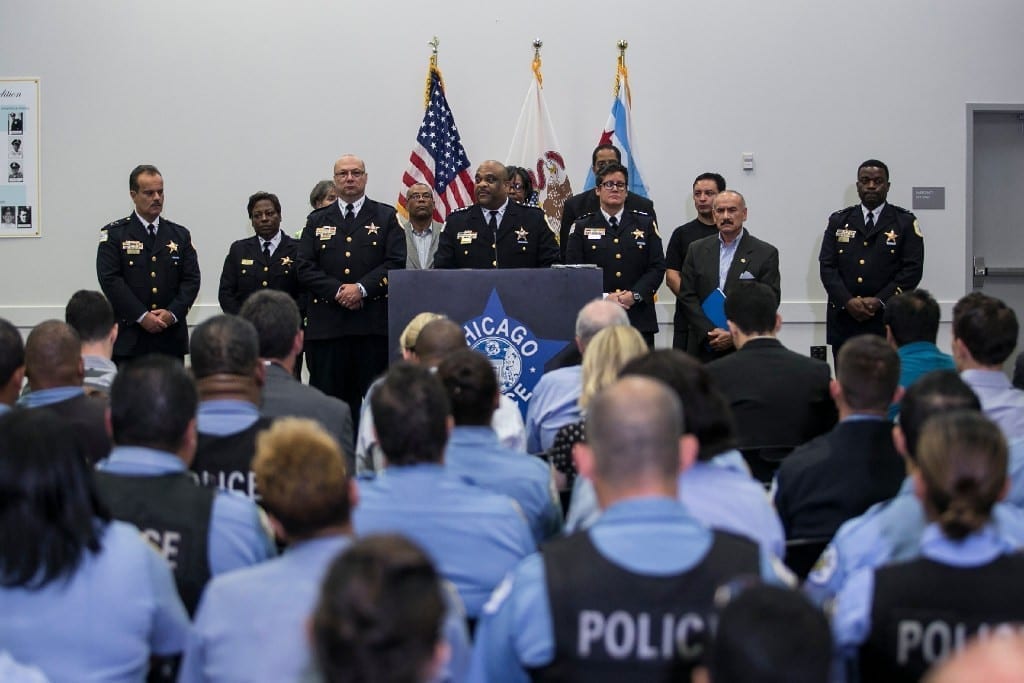Stopping Police Corruption in the City of Chicago
Three veteran Chicago officers were recently indicted on allegations that they attempted to cover up the circumstances surrounding an incident in which a Caucasian officer fatally shot an African American teenager named Laquan McDonald in fall 2014. The special prosecutor assigned to the case, Patricia Brown Holmes, said the investigation is not over and others may be charged. This comes at a time in which the city is already been under a lot of heat for the department’s less than admirable practices.

According to the department, teenaged McDonald had been killed because he was approaching officers wielding a knife. However, a police video ordered to be released by the court proved otherwise just over a year later. The teen was actually turning away from officers when Jason Van Dyke shot him sixteen times. Prosecutors charged Van Dyke with murder after reviewing the footage. The officers are said to have misrepresented the events and plotted to ignore witnesses and keep the video from being released. False reports have also been filed stating McDonald had assaulted department members, and physical evidence was destroyed.
The Chicago police department has longed been plagued by corruption, including serious claims of conspiracies of concealment and torture. A separate lawsuit has been filed stating the city is incapable of constitutional procedures and that the department needs to be monitored by the federal court system. Mayor Rahm Emanuel initially indicated he hoped for negotiating a reform agreement under the direction of the court, but seemingly changed his mind when Trump took office, because the administration frowned upon intervening with police matters at the federal level.
Since the change in presidency, Emanuel has decided to pursue a route he feels would help to weed out corruption without the federal court system. He is suggesting the department be independently monitored by a representative selected by the U.S. Department of Justice and the city, but this has been meet with a whole slew of backlash from non-supporters, including criminal justice experts, reform advocates and the former federal official, who feel the department has been given plenty of time to prove itself without the court stepping in. It’s time to answer to it’s mistakes.

“The mayor and (police) Superintendent (Eddie Johnson) have been clear that the city is on the road to reform and there are no U-turns. We are committed to building on steps we have already taken, including a new use of force policy released just a few weeks ago, and driving the process of reform forward,” said Emanuel’s spokesman Adam Collins. “A memorandum of agreement with an independent monitor and transparent, public reporting is a structure that has been used to drive police reform in Washington D.C. and Cincinnati, and we believe it is a tool that can be used with success in Chicago as well.”
This viewpoint is unconvincing. Vanita Gupta, former head of the Civil Rights Division of the Justice Department, said the measures currently in place to curtail corruption are “woefully inadequate.” Gupta continued, “The issues we found were deep and longstanding. “In a police department of that size, with the problems we found, it’s exactly the kind of (department) where the consent decree process can make the most difference.
Washington, D.C., attorney Jonathan Smith agreed. “What they have said is they are going to rely on the city of Chicago’s good faith to comply with the agreement … and that is a disaster in this circumstance,” he said.
Sources:
Who Can Reform the Chicago Police?
Emanuel backs off from commitment to court oversight of Chicago police reform


Join the conversation!